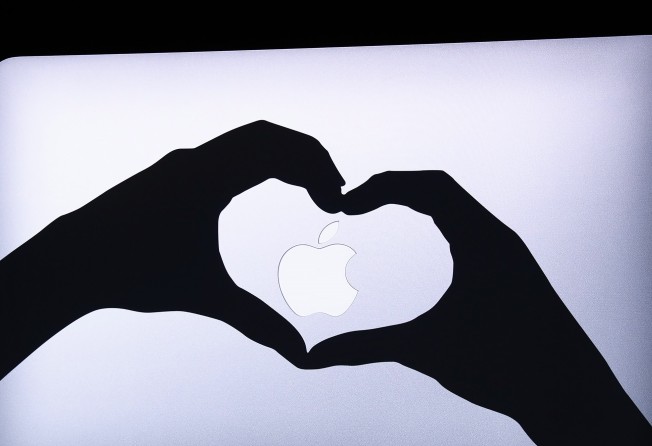Apple said to cut orders from two China component suppliers by 30pc on lukewarm iPhone XR demand
- The components are mostly used in Apple’s latest iPhone XR model, designed as a follow-up to the iPhone 8 and cheaper than the XS and XS Max models

Apple, whose popular iPhones are among the priciest handsets globally, has reduced orders from two component suppliers in China after its latest, slightly lower-priced iPhone XR model failed to achieve expected sales, according to two people familiar with the matter.
Apple recently informed the two companies it was reducing orders for their respective components by around 30 per cent from what was originally planned, said the two people, who declined to be identified because the information is private. The component companies have both been supplying the Cupertino, California-based US technology giant for years.
The components are mostly used in Apple’s latest iPhone XR model, designed as a follow-up to the iPhone 8 and slightly cheaper than the new XS and XS Max models, and the decision was made about two weeks after the new handsets hit the shelves globally, the two people said.
An e-mail sent to Apple for comment did not receive an immediate response.
Apple, the world’s third-largest smartphone vendor after Samsung Electronics and Huawei Technologies, has typically raised the price of its signature iPhones with every new launch but some analysts say that consumers, especially in emerging markets such as India, are ditching them for cheaper alternatives such as those offered by China’s OnePlus or Huawei’s Honor brand.
The two Chinese component suppliers are not the sole suppliers of their parts to Apple. The US company typically has three to four suppliers for each specific part, said the people.
Apple reduced the orders as it overestimated sales of the new iPhone XR model, said one of the people familiar, adding that components prepared in advance had resulted in some overstock.
Shares in Apple have been hit this month on signs that demand may be weakening. Apple's guidance for the upcoming quarter, which includes the important Christmas period, was on the light side of analyst expectations.
The world’s most valuable company also said it would provide less information to investors and analysts going forward, no longer revealing how many iPhones, iPads and Macs it sells each quarter. The shares closed at US$193.53 on Friday, 20 per cent down from a year high of US$232.07 on October 3.
In September, Apple executives unveiled two premium upgrades called the 5.8-inch iPhone XS and 6.5-inch iPhone XS Max, alongside the slightly cheaper iPhone XR. All three of the new iPhones feature an edge-to-edge screen, like the current iPhone X, alongside a TrueDepth camera system that can be used for Face ID.
The two premium models come with organic light-emitting diode (OLED) screens, while the XR uses a cheaper liquid crystal display (LCD) screen. The iPhone XS is priced from 8,699 yuan in China while the bigger iPhone XS Max is sold up to 12,799 yuan in the country – making them some of the priciest handsets in the market.
However, with an entry price of 6,499 yuan in China, the iPhone XR remains in the top division of handsets on price terms, more expensive than most of the phones offered by Huawei, Oppo, Vivo and Xiaomi. The four-largest smartphone vendors in China have a combined market share of nearly 80 per cent, compared with Apple’s 9 per cent, according to a Counterpoint research note released in late October.
Apple had a 13.2 per cent share of the smartphone market globally in the third quarter, up from 12.4 per cent in the same period a year ago. It was edged into third place by Huawei, which expanded its share to 14.6 per cent from 10.4 per cent in the July-September period year-on-year, according to IDC data.
Apple’s business in China was very strong last quarter, growing by 16 per cent, Apple CEO Tim Cook said during an earnings call in early November.
“iPhones, in particular, were very strong, very strong double-digit growth there,” said Cook. Apple’s fiscal fourth quarter, which ended in September, also marked five consecutive quarters of double-digit growth in China.